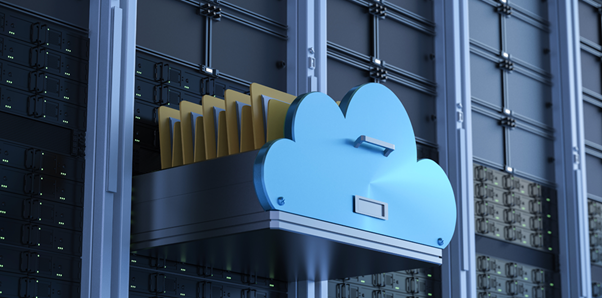Common Myths About Cloud Computing
Cloud computing has become a ubiquitous aspect of modern life, revolutionizing the way businesses and individuals’ access, store, and share information. The concept of cloud computing has been around since the early 2000s, yet there remain many common myths and misconceptions about its capabilities. This could be partly due to the fact that the technology is constantly evolving, and many people are not aware of the new advancements. However, with its rapid rise, there have been many myths associated with cloud computing that have made some businesses reluctant to adopt the technology.
From data security and scalability to cost savings and accessibility, there are many advantages to cloud computing that are worth exploring. It has enabled businesses to quickly scale up their operations, manage data more effectively, and reduce their overall costs. But despite its many benefits, cloud computing still has its fair share of myths. By debunking some of the top myths about cloud computing, businesses can gain a better understanding of its potential and how it can be leveraged to maximize efficiency and productivity. Here are some of the most common myths about cloud computing.
Myth #1: Cloud Computing Is Unreliable
One of the most common misconceptions about cloud computing is that it is unreliable. This couldn’t be further from the truth.
In fact, cloud computing is actually more reliable than traditional on-premises solutions due to its distributed architecture.
This means that data is stored in multiple locations, ensuring that it is available and accessible even if one server fails.
Cloud computing also offers high levels of uptime, meaning your business will rarely experience any downtime due to server issues

Myth #2: Cloud Computing Is Not Secure
This myth of cloud computing not being secure is one of the most pervasive, yet misguided beliefs. In fact, when implemented correctly,
cloud computing can be more secure than traditional on-premises infrastructure. Cloud providers have invested heavily in security measures,
such as encryption, authentication, and access control, to ensure the security of their services and customer data.
By leveraging the economies of scale of the cloud, providers can deploy more sophisticated security measures than the average organization can afford.
Myth #3: Cloud Computing Is Expensive
Despite the popular misconception that cloud computing is too costly for businesses, the reality is that
cloud solutions are often significantly more economical than on-premises alternatives. Cloud providers offer
a broad array of services and pricing plans to give companies the flexibility to select the most appropriate
option for their needs. It is true that there may be some upfront costs associated with cloud computing, yet
it is often less expensive than traditional IT infrastructure. Furthermore, organisations can benefit from
the scalability and adaptability of the cloud, allowing them to reduce their costs in areas such as hardware,
energy consumption and maintenance.
Myth #4: Cloud Computing Is Complicated
Another common misconception is that cloud computing is too complicated for the average person or a business to use.
This is actually not the case; Cloud computing is relatively easy to use. It is designed to be easy to use and accessible
to anyone with an internet connection. Cloud computing has made it easier for businesses and individuals to access and use
computing resources without the need for complex hardware or software.
Most cloud providers offer a variety of user-friendly tools including tutorials and support services to make cloud computing easier to use.

Myth #5: The Cloud is Only Suitable for Large Companies
Cloud computing is a versatile technology that can be used by businesses of all sizes. It actually allows small businesses to access powerful tools
and resources without the need for large capital investments. Small businesses in particular can benefit from the scalability, cost savings,
and ease of use that cloud computing offers. For example, smaller companies can use the cloud to access resources they may not otherwise be
able to afford, such as software and storage, or to make their processes more efficient. Additionally, cloud computing can help small
businesses increase their security, reduce their IT costs, and collaborate more effectively.
Myth #6: The Cloud is harmful to the environment
Another myth about cloud computing is that it is harmful to the environment. Cloud computing actually helps in reducing the environmental impacts of computing.
By providing a virtual platform
for computing power and storage, cloud computing reduces the need for physical hardware and the resources needed to manufacture and maintain it.
This can result in lower energy consumption, less waste, and fewer emissions. It also helps businesses become more efficient by reducing the need for
additional hardware, software, and IT personnel, resulting in reduced energy consumption and fewer emissions.
In conclusion, cloud computing is a revolutionary and powerful technology that can help businesses of all sizes increase productivity, flexibility,
and cost savings. While many myths have been debunked, there are still some lingering questions that surround the technology.
It is important to look past the myths and focus on the facts to make an informed decision about whether cloud computing is right for your business.
By understanding the true benefits of cloud computing, businesses can take full advantage of this technology to increase efficiency and profitability.

